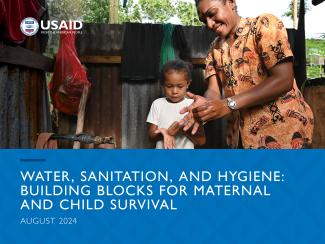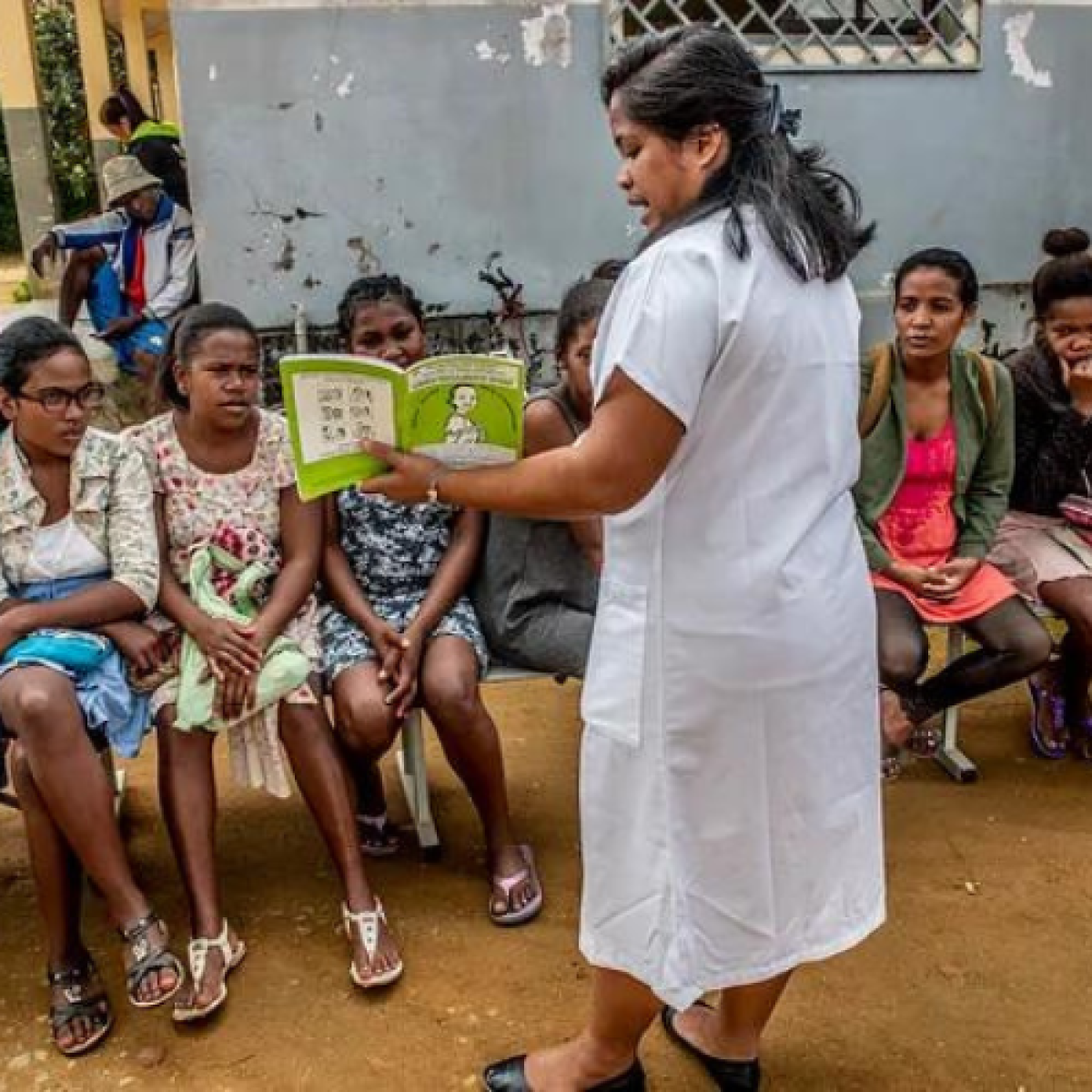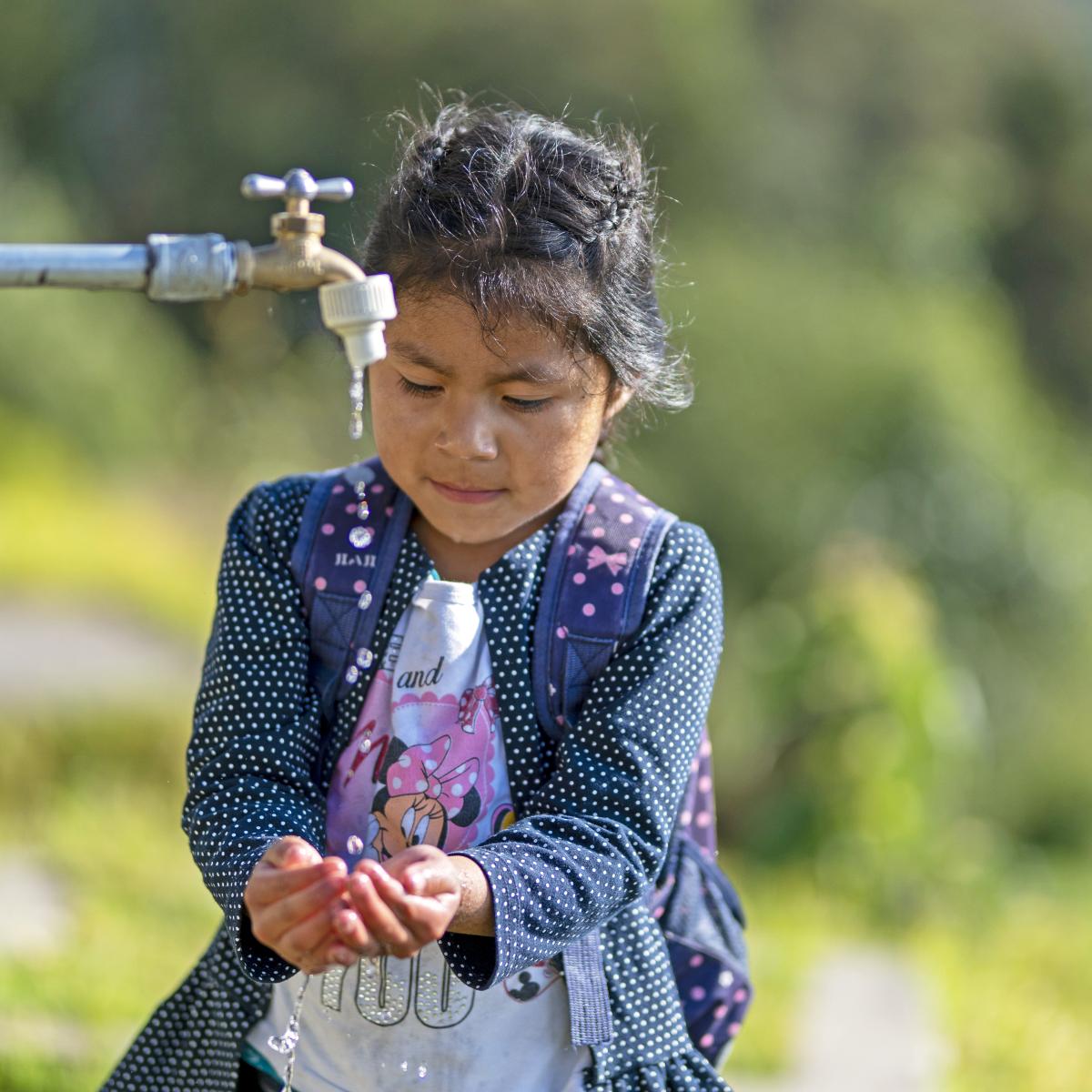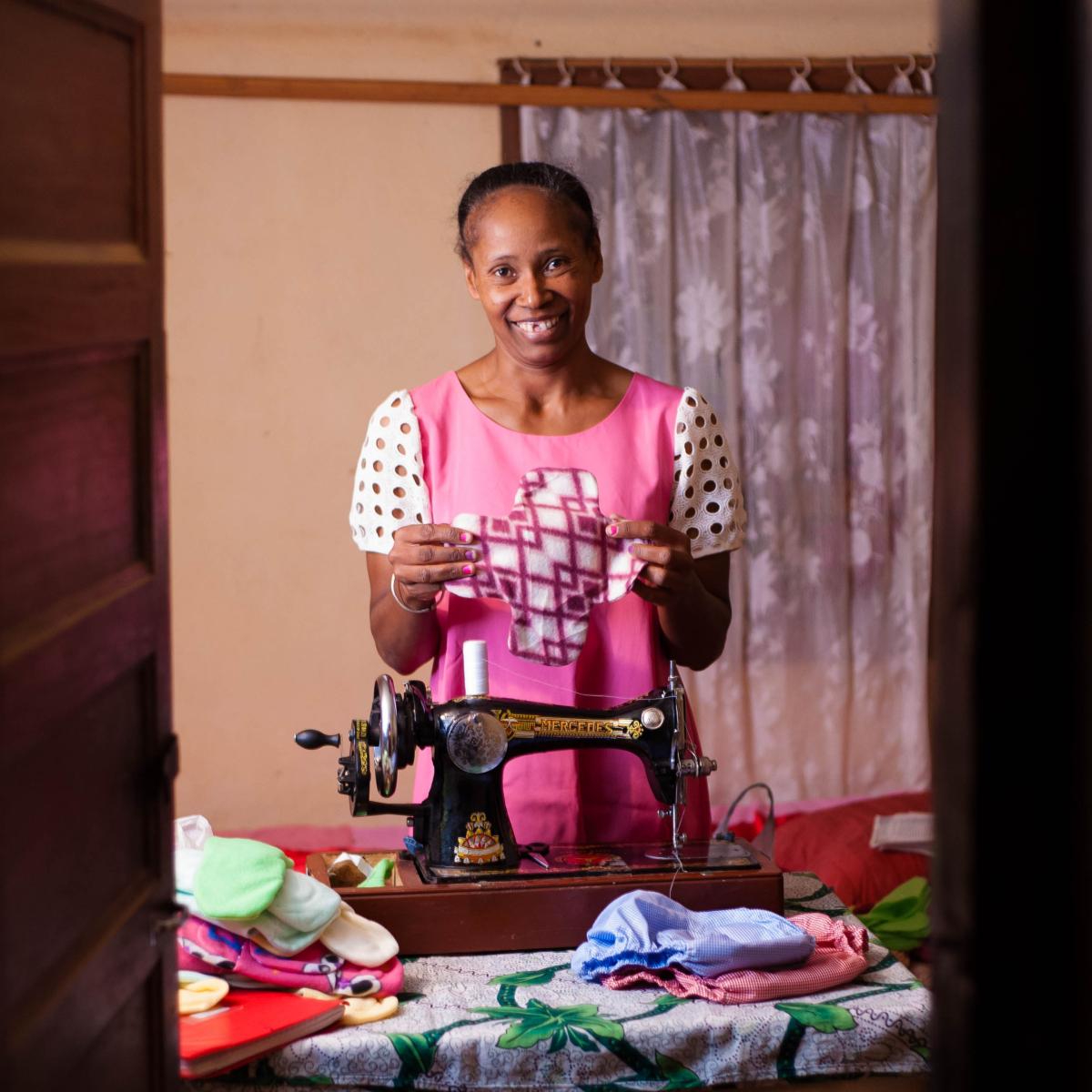Water, Sanitation, and Hygiene (WASH)
Since 2008, USAID has supported 70 million people to gain access to safe and sustainable drinking water services and 540.8 million people gain access to safe and sustainable sanitation services.
Globally, 2.2 billion people lack safe drinking water, and 4.2 billion lack adequate sanitation. More than half of health care facilities in low and middle income countries don’t have basic water supply, sanitation, and hygiene. Increasing access to safe drinking water and sanitation can decrease waterborne diseases like cholera, dysentery, and typhoid, improve people’s productivity, resilience, and security, particularly benefiting women and children. USAID's support to improve water, sanitation, and hygiene in healthcare facilities provide dignified care and can lower infection risks during childbirth and postnatal care, ultimately preventing maternal and child deaths.

Key Resources and Publications
Our Strategy
Areas of Focus
Safe Sanitation Services
Safe and sustainable sanitation services are crucial for preventing the spread of diseases and providing dignity. USAID invests in the programs that support governments, health facilities, service providers, and households to improve sanitation facilities such as toilets and services that empty and treat waste to help reduce the prevalence of diseases like diarrhea, which can be life-threatening for young children and pregnant women.
Safe Drinking Water Services
USAID-supported initiatives help provide governments, service providers, health care facilities, and communities with access to safe and sustainable drinking water services. Contaminated water sources and unavailability of water often leads to waterborne diseases, which can be particularly harmful to vulnerable populations like pregnant women and young children. By ensuring access to safe drinking water, the risk of waterborne illnesses is reduced, leading to better overall health outcomes.
Safe Hygiene Practices
USAID promotes the adoption of critical hygiene behaviors in health care facilities, communities, households. These initiatives enable and influence people to adopt safe hygiene practices such as handwashing, proper waste disposal, environmental cleaning, and other hygienic practices. Such measures can significantly reduce the transmission of infectious diseases and subsequently improve the health of mothers and children.
Stories of Impact
Projects and Partnerships

Center for Disease Control (CDC), World Health Organization (WHO), and UNICEF
Subscribe to our mailing list for regular updates
Our quarterly e-newsletter highlights updates on USAID's maternal and child survival programs around the world.









